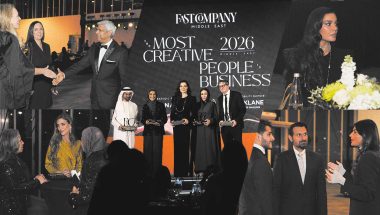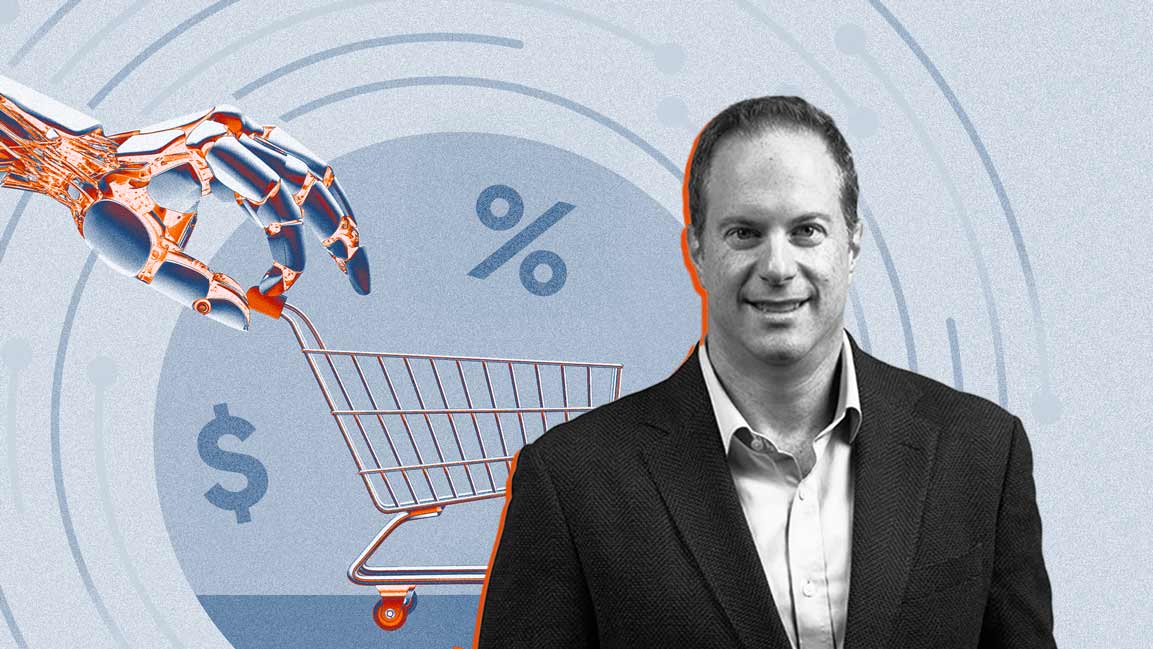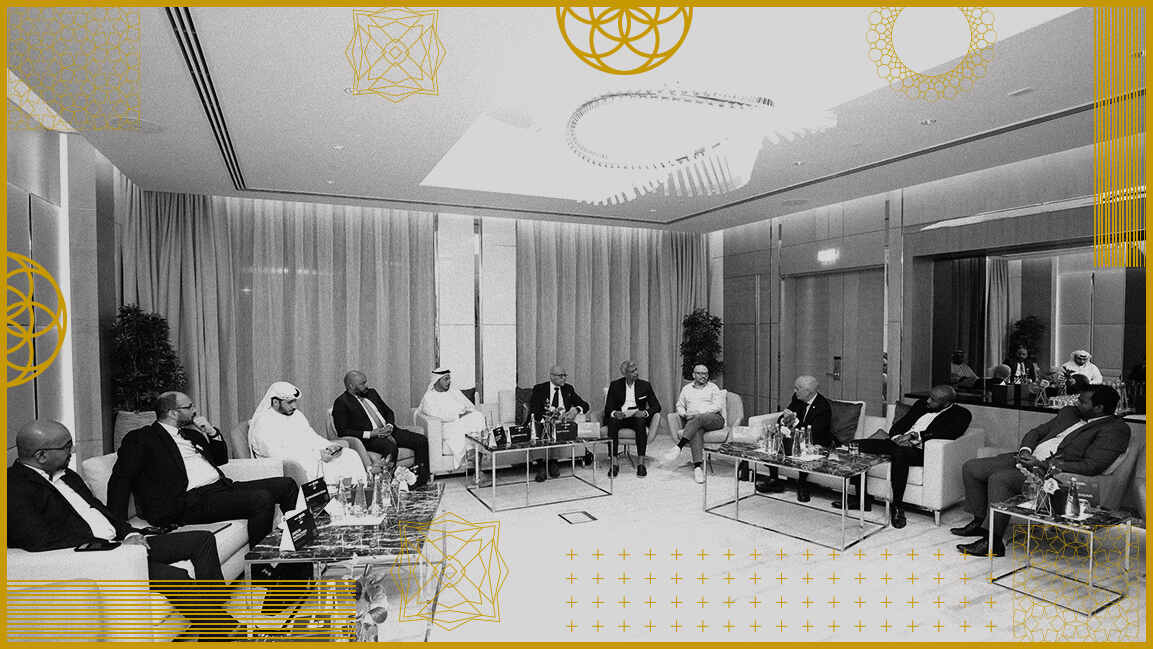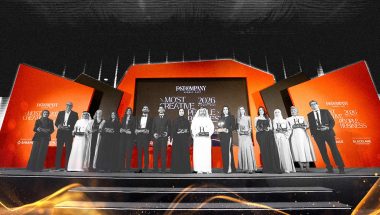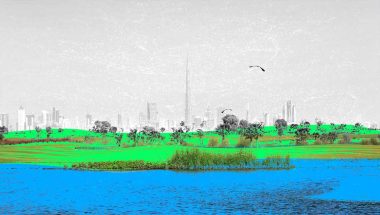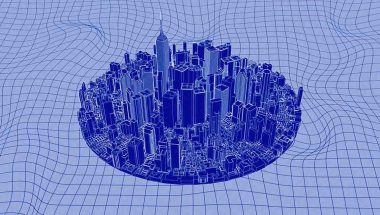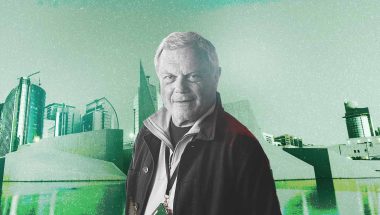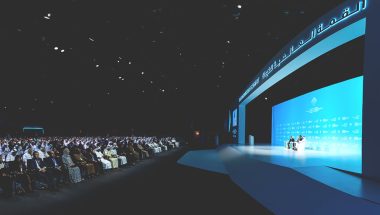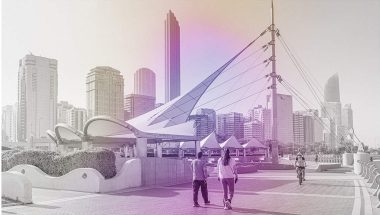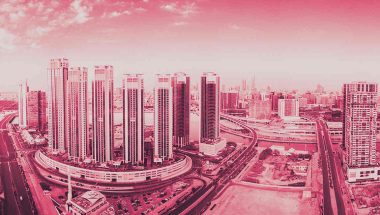Abu Dhabi, the capital of UAE, a growing ‘falcon economy’
The term refers to a high-growth, transformed economy with abundant opportunities.
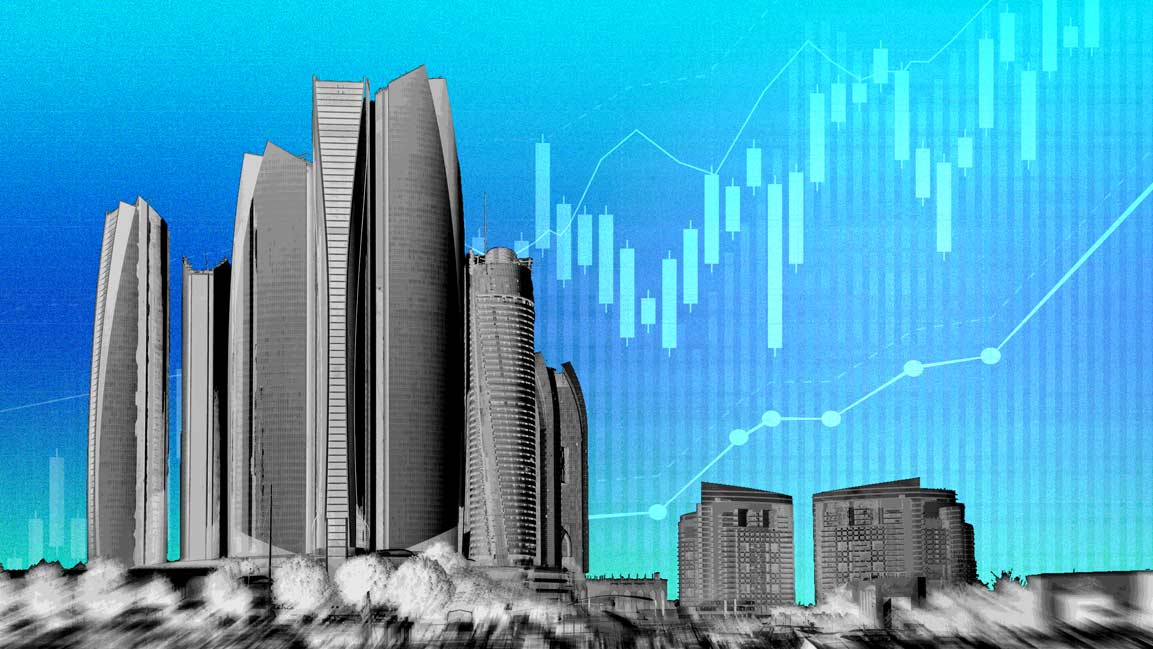
In less than three decades, the GCC region has transformed from a barren desert to creating sophisticated urban spaces, fast-growing populations and economies, and macroeconomic stability despite global and regional instability.
Abu Dhabi, the capital emirate of the UAE, has attracted specialized human capital and new economic partners and is fast moving toward sustainable development and net-zero emissions.
Supported by its oil reserves and the strength of its sovereign wealth funds, the UAE continued to grow steadily and has now also adopted digitalization to further boost its economy from an oil-based to a knowledge-based one. This opens doors to various industries with particular traction in the financial services and new technology sectors.
The UAE is accelerating growth through progressive policies integrating the GCC and MENA into a new multi-polar economic architecture. The two have seen the most significant progress regarding the share of the non-oil sector in real GDP in the GCC.
FALCON ECONOMY
The UAE is equipped with the fundamentals of a “falcon economy,” a term coined to describe economic, political, and social growth cycles.
The term refers to a high-growth economy that is set to transition from a predominately emerging economy to an economy, accelerating growth and opportunities driven by oil and non-oil sectors.
The UAE’s openness and eagerness to embrace creative ideas and projects across various fields have made it a land of opportunities where ambitions thrive and are realized. The growth and development that non-oil key economic sectors in the UAE are witnessing show a phase of rapid transformation and economic diversification, reducing the country’s dependence on oil and gas, resulting in a sustainable economy and solid growth.
According to experts, the UAE plans to increase the contribution of the industrial sector to the country’s economy, which will help create new jobs and attract new investment into the country. The country’s industrial strategy targets to grow the industrial sector’s contribution to the country’s overall economic output to AED 300 billion (approximately $81 billion) by 2031.
The focus on developing the health sector proved successful when the industry faced the coronavirus pandemic, demonstrating a high level of efficiency supported by the many well-equipped public and private hospitals. By the end of June 2022, the UAE was ranked 2nd in the world, after South Korea, on Bloomberg’s “COVID resilience ranking”.
The UAE national education strategy aims to ensure equal education, maintain the quality and efficiency of institutional education, promote scientific research and technical skills of students, encourage students to enroll in higher education, achieve innovation, and embrace smart education, to support the growth of the economy.
The UAE government continues its program of selling stakes in state-owned entities. In this context, the $1.4 billion ‘Abu Dhabi IPO Fund’ shall enhance the emirate’s global capital markets and financial sector landscape within the macro-economy. Having already shortlisted 6 private sector companies for potentially receiving advisory and/or investment services, in addition to helping them qualify for a listing on ADX. The Fund has also developed an additional pipeline of 32 companies as potential candidates for receiving these advisory services.
Targeting a 44% renewable energy contribution to its total energy production by 2050, the UAE is boosting investments in developing new renewable energy projects, including the world’s largest solar plant in the Al Dhafra region of Abu Dhabi, with a total capacity of two gigawatts, and the 5,000 megawatts Mohammed bin Rashid solar park in Dubai. Moreover, the UAE plans to invest AED 600 billion (approximately $163 billion) in clean energy projects as part of its net-zero 2050 strategy.
Abu Dhabi, home to three of the world’s biggest sovereign wealth funds, is quickly rising as a leading financial hub through the global rankings. The emirate is gaining momentum as a hot spot for entrepreneurs, business, and investment leaders from around the globe.
Accelerating digitization and diversifying into new economic and technology sectors, a falcon economy can expand towards regionalization and globalization, driven by strategic vision, structural transformation, and countercyclical monetary and fiscal policies.
Through broad digitalization of activity and investment in new tech sectors–such as Artificial Intelligence, transversal technologies, and space- this Falcon economy has attracted specialized human capital and entrepreneurs to foster innovation, to massive investments in renewable energy and clean tech.
ADGM believes that the past decade has seen investments in Abu Dhabi increasing with investors, financial institutions, venture capitalists, asset managers and more investing across established global businesses and different asset classes.
The opening ceremony of the first edition of the Abu Dhabi Finance Week featured a drone show depicting the “falcon economy” concept, which symbolized the UAE’s economic ascent supported by Abu Dhabi’s growth as a leading global business hub.








